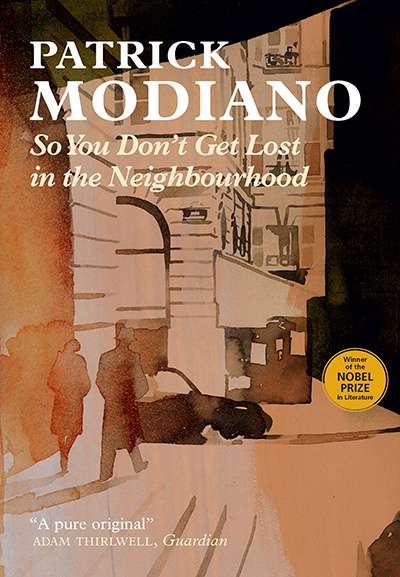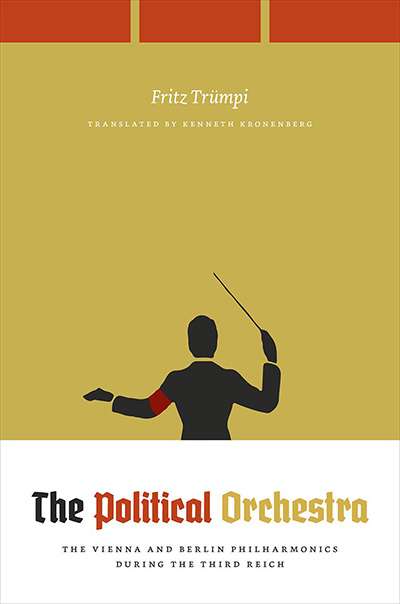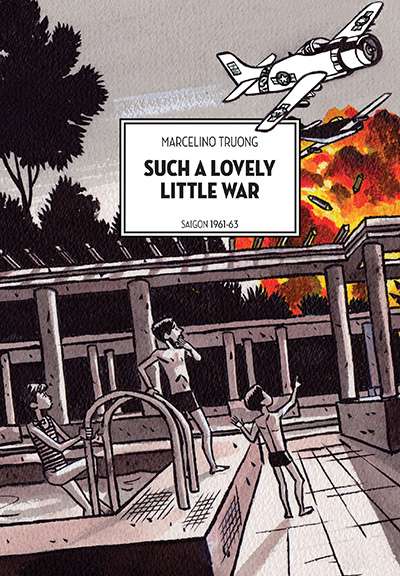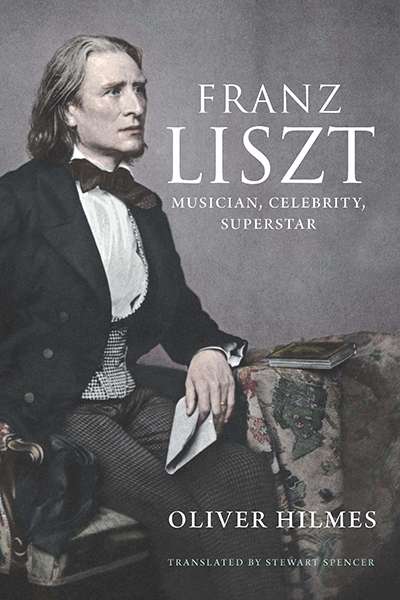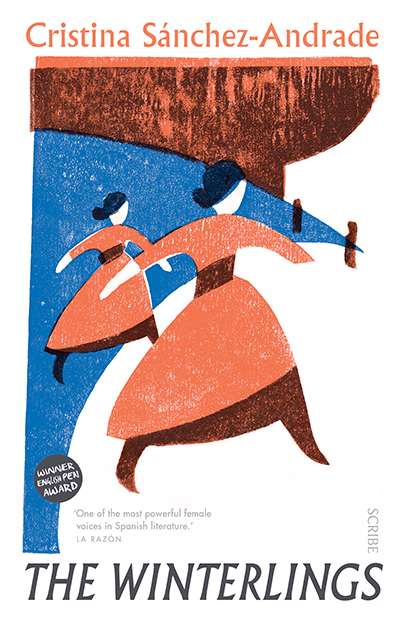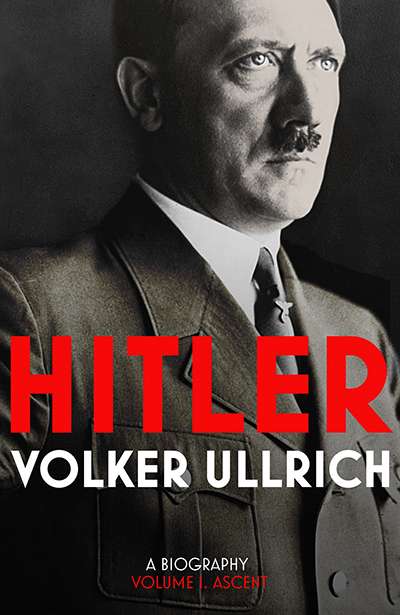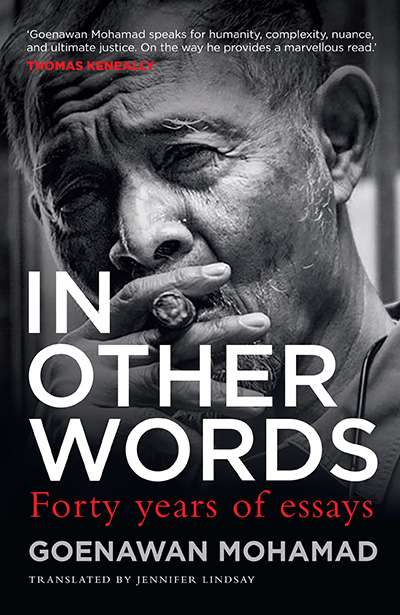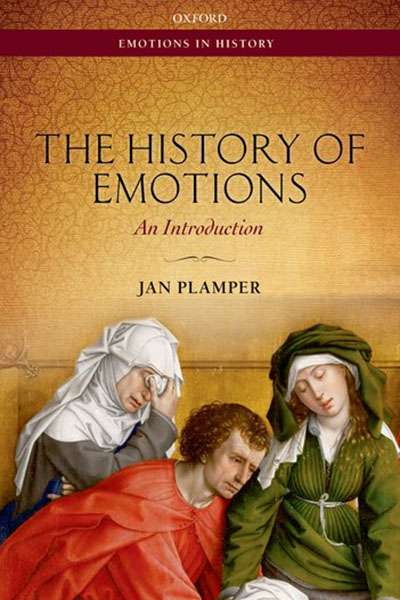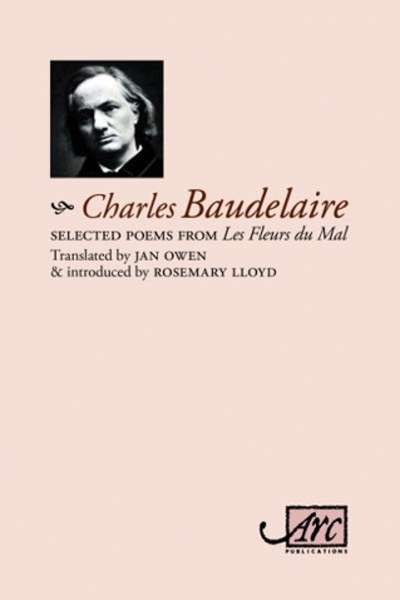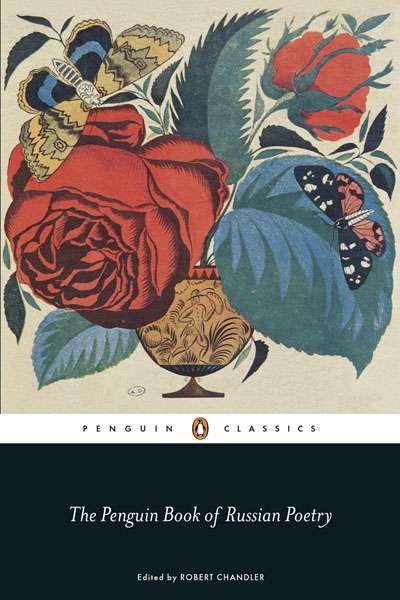Translations
So You Don’t Get Lost in the Neighbourhood by Patrick Modiano, translated by Euan Cameron
Patrick Modiano’s most recent novel, published just before he was awarded the Nobel Prize in 2014, is his twenty-sixth to date, though one of a great number to arrive almost all at once in the English-speaking world. In the post-Nobel flurry to translate Modiano into English, the past two years have marked a shift in the author’s status from practically unknown ...
The Political Orchestra: The Vienna and Berlin Philharmonics during the Third Reich by Fritz Trümpi
This study, which first appeared in German in 2011, was hailed at the time as definitive: properly so, as it incorporates so many aspects from so many areas of research. It marks a significant contribution to such fields as musicology, cultural history, the relationship between art and politics – not just in the Nazi era, but the periods preceding that, which saw ...
Such a Lovely Little War: Saigon 1961-63 by Marcelino Truong, translated by David Homel
For those seeking a concise illustrative history of the Vietnam War, Marcelino Truong’s graphic novel, Such a Lovely Little War, is the ideal place to begin. Those seeking a graphic novel memoir as engaging as Art Spiegelman’s Maus (1986–92) or Marjane Satrapi’s Persepolis (2001–2), will be unsatisfied.
‘Marco’, as th ...
Franz Liszt: Musician, celebrity, superstar by Oliver Hilmes, translated by Stewart Spencer
A century before Beatlemania there was Lisztomania. The symptoms were similar: fans driven to near delirium by their proximity to their musical idols, this mass hysteria finding involuntary physical release during performances. The Beatles may have been mobbed during their 1964 American tour, but Liszt left Berlin in March 1842 ‘not like a king, but a ...
The Winterlings by Cristina Sánchez-Andrade, translated by Samuel Rutter
The village of Tierra de Chá in Cristina Sánchez-Andrade’s novel The Winterlings feels a bit like Gabriel García Márquez’s Macondo, without the magic realism. It is a small community riddled with family secrets, desiccated aspirations, incest, and regrets. Located in Galicia, in north-western Spain, Tierra de Chá is full of succulent characters. Th ...
Hitler: A Biography: Volume I: Ascent, 1889–1939 by Volker Ullrich, translated by Jefferson Chase
There is a point of view that says we shouldn't humanise a tyrant such as Adolf Hitler since that reduces the symbolism, the power of his name as a synonym for pure evil, and can lead to ...
... (read more)In other words: Forty years of essays by Goenawan Mohamad, translated by Jennifer Lindsay
Goenawan Mohamad has been a formidable Indonesian journalist for half a century, chiefly as the founder and editor of the weekly Tempo. He is also the ...
... (read more)A year or so after I had begun my work in the Australian Research Council's Centre of Excellence for the History of Emotions, the immortal words of 'Ern Malley', 'The emotions are not skilled workers', bored a hole into my brain, dug around a bit, and settled there as a perpetual irritant. Malley's phrase has an oblique genealogy. Coined by James McAuley and Harold ...
Selected Poems from Les Fleurs du mal by Charles Baudelaire, translated by Jan Owen
The Flowers of Evil (Les Fleurs du mal, 1857) is the most celebrated and most influential collection of verse in the history of modern French poetry. Its author, Charles Baudelaire (1821–67), is seen as the embodiment of a sensibility we regard as 'modern'. T.S. Eliot called him 'the greatest exemplar of modern poetry in any language'.
Ba ...
The Penguin Book of Russian Poetry edited by Robert Chandler, Boris Dralyuk, and Irina Mashinski
Translation is all about choice: which authors will be attractive to the target audience? Which texts by those authors will be of interest? Which aspects of those texts should be emphasised? How can ambiguities in the original be preserved or resolved? What relative weight should be given to formal and semantic elements? Historically, the translation of Russian lite ...


